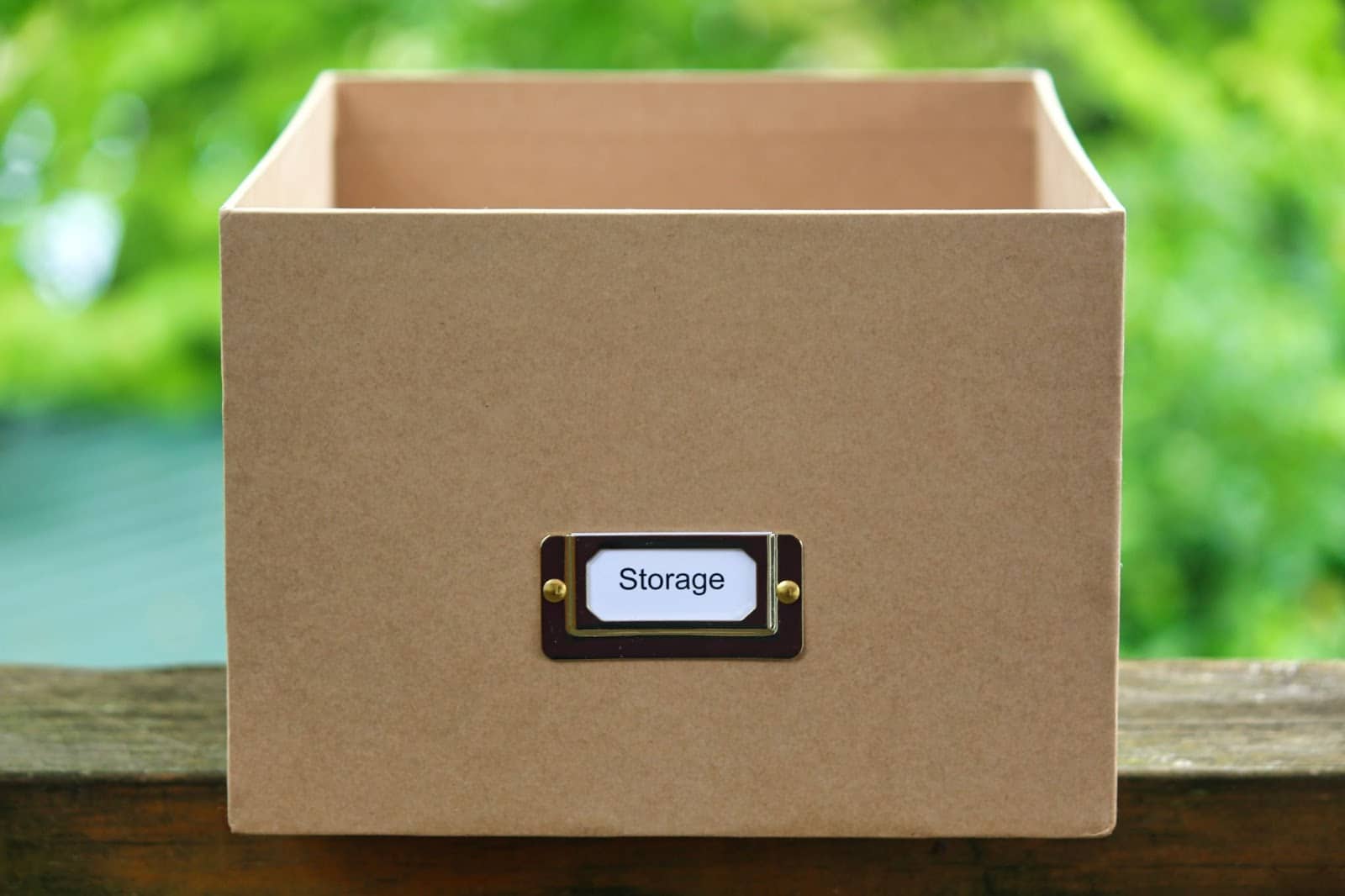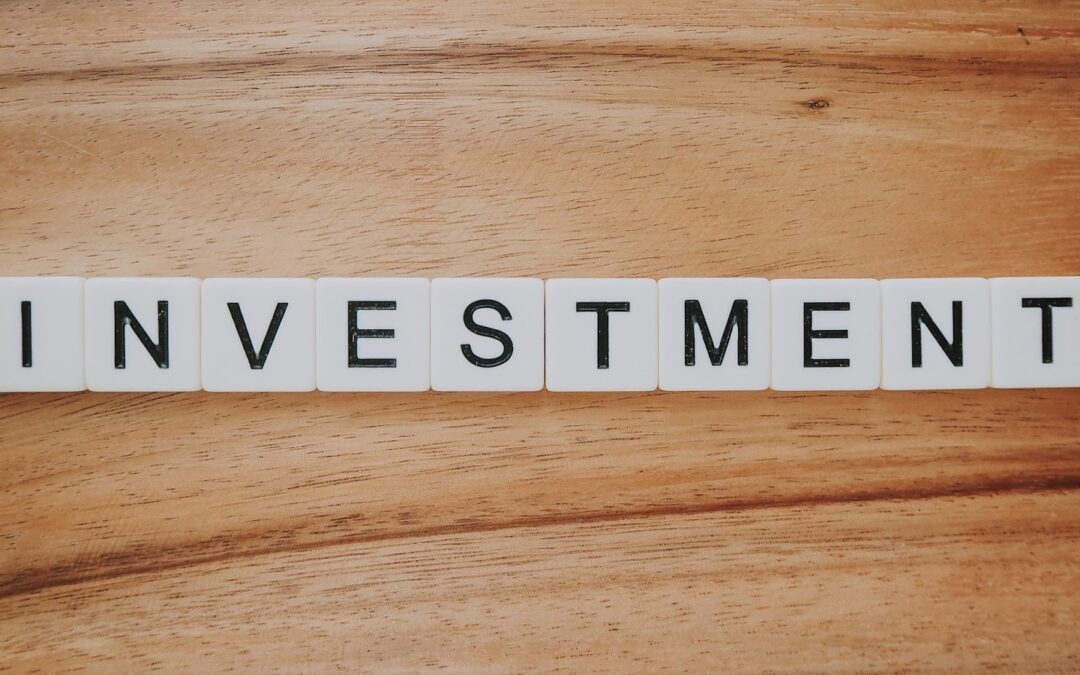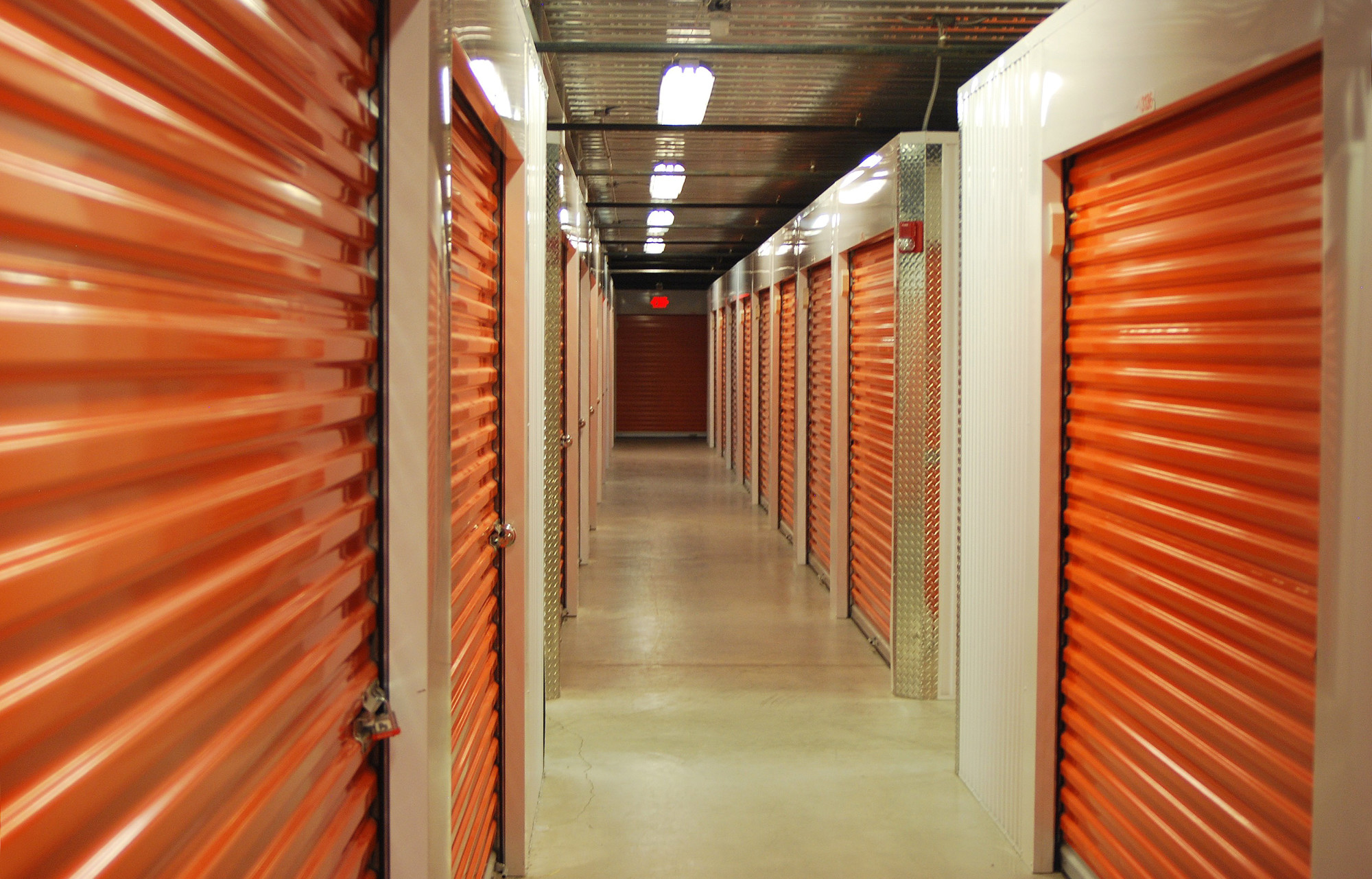In a year marred by job and income insecurity, more people than ever before are looking for the best way to invest money and establish a passive income stream. Whether you are new to investing or are diversifying your portfolio, you’ll want to make sure you’re putting your money in the right investment vehicle.
When it comes to long-term investments, real estate remains one of the few tried and tested assets. Commercial property, in particular, is undeniably one of the most reliable investments you can make if you’re chasing after a passive income. Although renting out a commercial property as an office or retail space is the most popular use of the premises, alternatives like self-storage are increasingly popular.
Of course, the best investment vehicle for you will depend on a lot of factors including your financial situation, and your location. However, it’s important to get a good overview of your investment options before deciding on the best strategy for you.
For those of you exploring your investment options in 2021, read on to learn more about how to successfully channel your money into commercial real estate to generate a passive income.
What to Invest in for Sustainable Income
Depending on your investing experience, you may want to consult with a financial advisor before committing to anything. Alternatively robo-advisers — online software or applications designed to help you manage your investments — are relatively more accessible and affordable ways to get the help you need to come to an investment decision.
Regardless, while you’re still getting a feel of the market, it’s useful to consider your passive income investment options. By definition, passive income is earnings that require little to no effort to maintain. In other words, you earn an indefinite income that is not directly tied to your labor or material participation.
Here are a few ideas on ways you can cash in on commercial real estate without tiring yourself out.
Rental Properties

Traditionally, rental income is the most commonly-cited example of passive income. However, a lot — if not most — people are wary of the expenses related to property ownership.
On the face of it, owning a rental property seems viable enough. After all, all you have to do to make a profit is to charge enough money to cover your mortgage, right? Wrong. For those new to real estate investing, it may come as a surprise to know that the expenses related to property ownership can be so significant that they compromise the viability of your investment.
Property taxes, insurance, and maintenance are a few of the ongoing costs and expenses that may cast doubt on the viability of real estate. Add to that the stress of managing tenants and general administration — and you may begin to question whether property ownership truly qualifies as a passive income source.
For many, a truly passive income stream is one that requires no effort to maintain at all. Of course, there are few, if any, investments that don’t call for a little participation on your part. However, the idea of sitting back and relaxing while money accumulates in your bank account is one of the more popular fantasies for investors, if not the ultimate investment goal.
To circumvent some of the issues associated with renting out a property, many lessors use net lease agreements to shift the burden onto the lessee. Shedding off some of the responsibilities that come with being a property owner is one of the best ways to move a step closer toward establishing a passive income source.
Self-storage Facilities
For those of you averse to managing people, shifting the financial responsibilities associated with property ownership will do little to alleviate your concerns. That’s one of the reasons that investing in self-storage is one of the more sustainable investments out there if your goal is a passive income.
Self-storage investing is one of the most hands-off approaches to earning a sustainable income from commercial property. While it still involves renting out space to tenants, the tenants only use the property to keep their belongings safe — making optimal use of every inch of available space. This means that the tenants neither live in nor operate from the premises.
Because the tenants do not occupy the property themselves, self-storage poses less of a risk to investors. To start, cutting down on expenses is the most obvious way to reap greater rewards from your investment. Maintenance, management, utilities, and other overhead costs are significantly reduced.
In addition, the risk of defaulting tenants is also ameliorated by the fact that the leases are often short-term. This means that you, as a lessor, are empowered to adjust the rental amount or terms of the lease agreement regularly. Everything from inflation to personal expenses can necessitate an increase in rental costs and having a short-term lease gives you more control over your income.
Real Estate Mutual Funds
Real estate is a major financial investment — one that few are in a position to commit to. Stringent mortgage qualification requirements, hefty down payments, closing costs, and other out-of-pocket expenses are just a few of the barriers to entry inherent in real estate investing.
That said, there are some ways to enter the real estate market or diversify your portfolio without eating into your retirement savings. Investing in real estate mutual funds is a great way to acquire a diversified portfolio with relatively minimal risk and cash.
Mutual funds are simply investment strategies that enable you to pool your money together with other investors to purchase stocks, bonds, or other securities that may otherwise be difficult to acquire on your own. The price of the mutual fund is the net asset value (NAV), which is the closing price of the securities in the portfolio.
Because mutual funds are managed by professionals, individuals lacking in capital or expertise can rest assured knowing that their investment is in good hands. In fact, there are few investment vehicles that offer a clear path to a diversified portfolio as mutual funds do.
However, managed funds aren’t without their drawbacks. You may find it frustrating to have little to no control over your investment. While the fund manager steers the wheel, taking a back seat — especially once you become relatively confident in investing yourself — may be difficult for you. Remember that professional management doesn’t guarantee a return — be prepared for fluctuations and possible frustrations.
Benefits of Passive Income from Property

Making any additional income is a benefit of owning commercial property in itself. However, earning passively through commercial property investing isn’t just about having extra change in your pockets. Successfully investing in commercial property comes with a host of other benefits.
Financial Freedom
Whether you’re starting a family or planning for your retirement, it should go without saying that a passive income is a great way to ensure that you and your loved ones will be taken care of financially for years to come. What’s more, earning a sustainable passive income puts an end to the long work hours and late nights — giving you more money and time on your hands to pursue your own interests.
Investment Opportunities
You don’t have to use up all your savings to acquire a commercial property. Remember that you can always take out a mortgage or invest in property through a mutual fund to make sure you remain liquid. If you have a significant sum in your savings, then you can always divide it up between multiple passive investment opportunities. Alternatively, use your rental income or dividend earnings to diversify your portfolio.
Lower Taxes
Channeling your earned income into income-producing real estate is one of the best ways to build wealth. The IRS recognizes earnings that aren’t derived from activities that you materially participate in as passive income, for example, rental income. Generally, passive income is taxed at a lower rate than earned income. This means that the rentals you collect from your tenants are more financially rewarding than your 9 to 5.
Conclusion

If it’s a passive income you’re after, don’t limit your research to commercial real estate options, but be sure to look into the various investment vehicles out there too. While certain managed funds may present an opportunity for a truly passive income, they may do so at the expense of your returns.
By now, it should be evident that self-storage investing is one of the few ways to reduce the risks and burdens associated with managing a commercial property. Whether you’re channeling your savings or investing through a managed fund, your portfolio can only stand to benefit from a passive commercial investment.
Of course, the viability of a self-storage business will be determined in part by your location. If you’re in an area with a high residential turnover — where people are constantly moving in or out — or with relatively smaller houses — such that there isn’t sufficient storage space — then a self-storage business may be ideal.
Bolster your portfolio or start your career as a passive investor now!
Apply here to get started.





